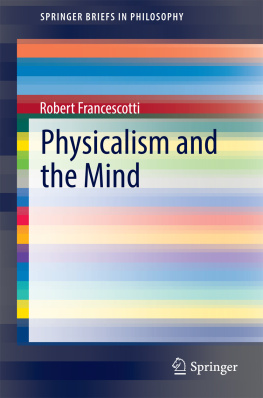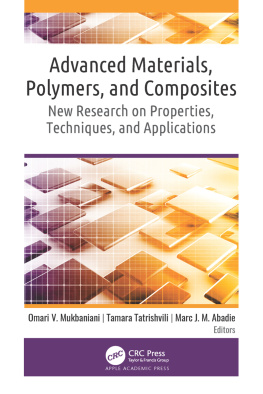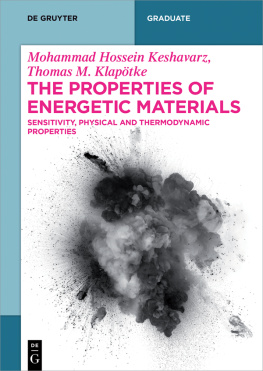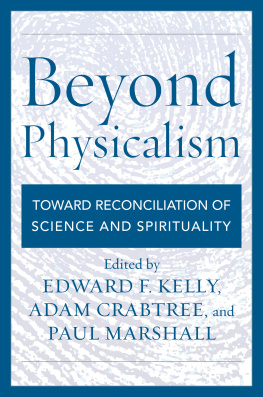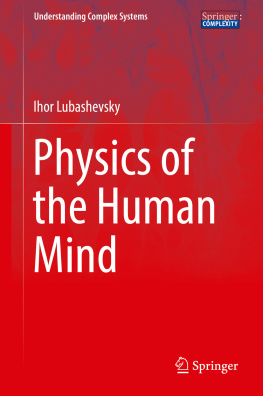1.1 Introduction
Logical behaviorism began to lose popularity not long after its start in the 1920s.
Identifying mental states with brain states would seem to be the most effective materialistic response to these problem cases. Yet, the mind-brain identity theory that replaced logical behaviorism had an even shorter career in the twentieth century. While there are many possible dualist objections to the identity theory,, p. 44).
The idea that mental properties are multiply realizable has been thought by many to show that the identity theory is false. If mentality is multiply realizable at the neural level, then instances of the same mental property can be instances of different neural properties. In terms of the popular type - token jargon: tokens of the very same mental state-type might be tokens of different neural state-types. If so, then it would seem to follow that the relation between mental properties and neural properties is one-many rather than one-one. Instances of one mental property may be instances of different neural properties.
Multiple realizability is a threat not just to mind- brain identity claims. It poses a threat to identifying mental properties with features of any of the natural sciences. What motivates the thought that the same mental state can be realized by different brain states is the widespread intuition that what makes something a mental state, and the type of mental state it is, is not its inner composition, but the causal role the state plays. Place ( describes). The intuition that functional role and not inner structure is what matters to mentality is preserved in the varieties of functionalism that evolved from these causal analyses. If this basic functionalist intuition is correct, then it would seem there is a one-many relation, not just between mental properties and brain properties, but between mental properties and any features of any of the natural sciences. Whether brain states, metallic states, or hydraulic states, the one-to-one correlations of the sort needed for true identity claims would seem to be absent.
When focusing on levels of physical structure lower than the level of neurons, the prospect of there being one-one correlations with mentality is even more dim. Neural properties (and their metallic or hydraulic counterparts in computers or Lewisian Martians) are multiply realizable themselves. Processes of the same neural type might be constituted in different molecular ways. Molecular properties, in turn, are multiply realizable at the subatomic level, e.g., with carbon dioxide molecules differing from each other in their arrangement of electrons, positrons, and neutrinos. It seems, then, that if mental properties are multiply realizable at one level of physical structure (neural, metallic, hydraulic), then they are also multiply realizable, and to a far greater degree, at lower levels of physical structure, including the molecular, atomic, and subatomic levels. And if so, then mental properties are multiply realizable with respect to properties of the natural sciences generally, from which it would seem to follow that mental properties are not identical with any properties of any of the natural sciences.
It is tempting to draw this anti-reductionist conclusion, and this conclusion has been drawn by many. But is it really a consequence of the multiple realizability of mentality? This question will occupy us for the remainder of the chapter. While many have argued that this failure of identity is not a consequence of the way in which mentality is multiply realized, we shall see by the end of this chapter that despite efforts to prove otherwise, mental properties really are distinct from those of physics, chemistry, and biology.
1.2 Multiple Realizability and Reductionism
In his famous support of the autonomy of psychology, Fodor (, p. 104), where counterfactuals are conditionals whose truth or falsity depends on what obtains in other possible worlds with the same laws of nature. Now, where the reduction of psychology to the natural sciences is concerned, Fodor finds it doubtful that there are true biconditional bridge principles, and quite improbable that these biconditionals are true as a matter of nomic necessity. As he remarks, it seems increasingly likely that there are nomologically possible systems other than organisms (namely, automata) which satisfy natural kind predicates in psychology, and which satisfy no neurological predicates at all (p. 105). He concludes that psychology is not reducible to neurophysiology or any other natural science.
With his talk of psychological theories, Fodor presumably means not just theories that actually have been endorsed by psychologists or those that will end up being popular in their field, but theories of any mentalistic variety, including folk psychology. To avoid focusing only on the science of psychology, lets use the term mental instead of psychological and represent Fodors line of argument as follows:
(1)
Mental properties are multiply realizable with respect to properties of the natural sciences.
(2)
If mental properties are multiply realizable with respect to those of the natural sciences, then there are no nomically necessary biconditionals linking the former to the latter.
(3)
If there are no nomically necessary biconditionals linking mental properties to those of the natural sciences, then mentalistic theories are not reducible to those of the natural sciences.
Therefore, (4)
mentalistic theories are not reducible to those of the natural sciences.
Lets call this the Multiple Realizability Argument for Non-Reductionism, or MRNR for short.
While MRNR has been one of the main reasons for the immense popularity of non - reductionism in the philosophy of mind for the past few decades, it has not been without its share of criticism.
1.3 Reduction without Nomic Equivalence
A common reply to MRNR is to object to premise 3. It has been shown that there are widely recognized cases of reduction in which the reduced property happens to be multiply realized, from which it is concluded that multiple realizability is no threat to reductionism. For example, Bickle mentions that while temperature is considered a physical phenomenon,
[w]hen you think in terms of the velocity and momentum of each individual molecule, you will see that there are an indefinite number of ways for a given aggregate of molecules to realize any given temperature (, p. 53),
and Robert Richardson reports that
oxygen has three isotopes016, 017, and 018varying not with respect to charge, but in the number of neutronseight, nine, and ten, respectivelyin the nucleus. The existence of isotopic variants is a common feature in chemical elements. Even in the reduction of chemistry to physics, what is one type at a higher level (chemistry) is segregated into several importantly different types at immediately adjacent levels (, p. 132).
If multiple realizability is compatible with reductionism, as these examples seem to show, then where and how exactly does MRNR fail? Fodor assumes that reduction requires the presence of true biconditionals linking the properties of the reduced theory to those of the reducing theory. Yet, as Richardson indicates, reduction requires no more than a mapping from lower to higher level types and not a mapping from higher to lower level types (

